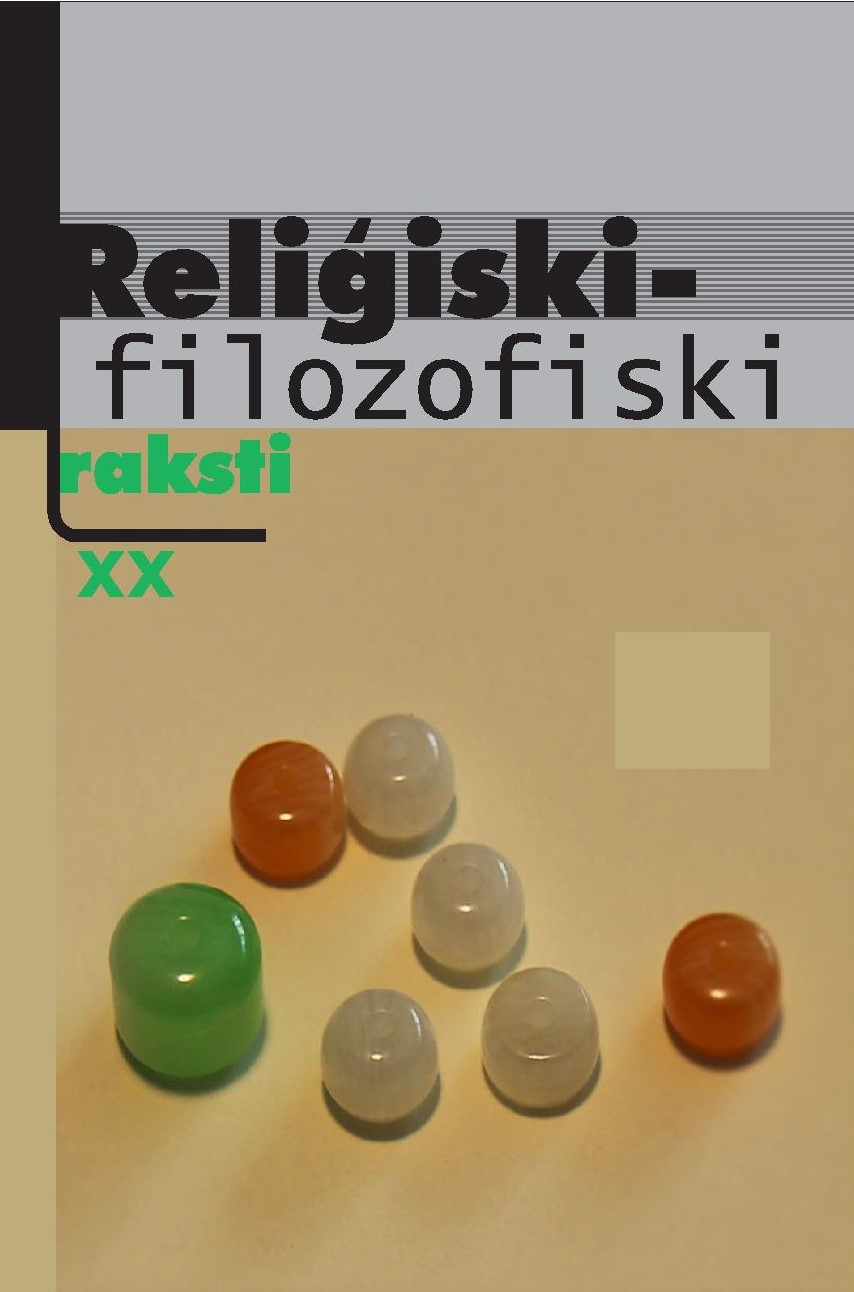Par ticību un tikumību Herdera Atvadu sprediķī, Rīgu atstājot, un viņa vēstures filozofijā
On Faith and Virtue in Herder`s Farewell Sermon
in Riga and in His Philosophy of History
Author(s): Ināra CeraSubject(s): Ethics / Practical Philosophy, 19th Century Philosophy, Philosophy of Religion, Philosophy of History
Published by: Latvijas Universitātes Filozofijas un socioloģijas institūts
Keywords: Johann Gottfried Herder;Farewell Sermon;
Summary/Abstract: The paper discusses J.G. Herder’s comparatively unexamined views on religion and believing and their meaning for the human spiritual and moral growth. During his five-year period (1764-1769) in Riga Herder for some time worked as a Lutheran pastor and was held in high respect as such. Before leaving Riga Herder preached his Farewell Sermon. I. Cera suggests that this sermon be viewed as Herder’s reflections on the pastor’s calling, on his own role as a pastor as well as on his epoch. Herder admits that he prefers sermons that invite people to explore their souls rather than those that reiterate ready-made truths. To have the truth born rather than repeated, however, the pastor has to speak about it from the vantage point of his own passions, “in the language of his own heart and participation”. I. Cera notes that Herder’s emphasis on religion as an expression of the life of the soul has at times led to characterising the thinker as a predecessor of the philosophy of life or existentialism. Herder was a proponent of a free, or a ‘living’, Christianity which he juxtaposed to the dogmatic and authoritarian religion of the church.
Journal: Religiski-filozofiski raksti
- Issue Year: XX/2016
- Issue No: 1
- Page Range: 44-55
- Page Count: 12
- Language: Latvian

